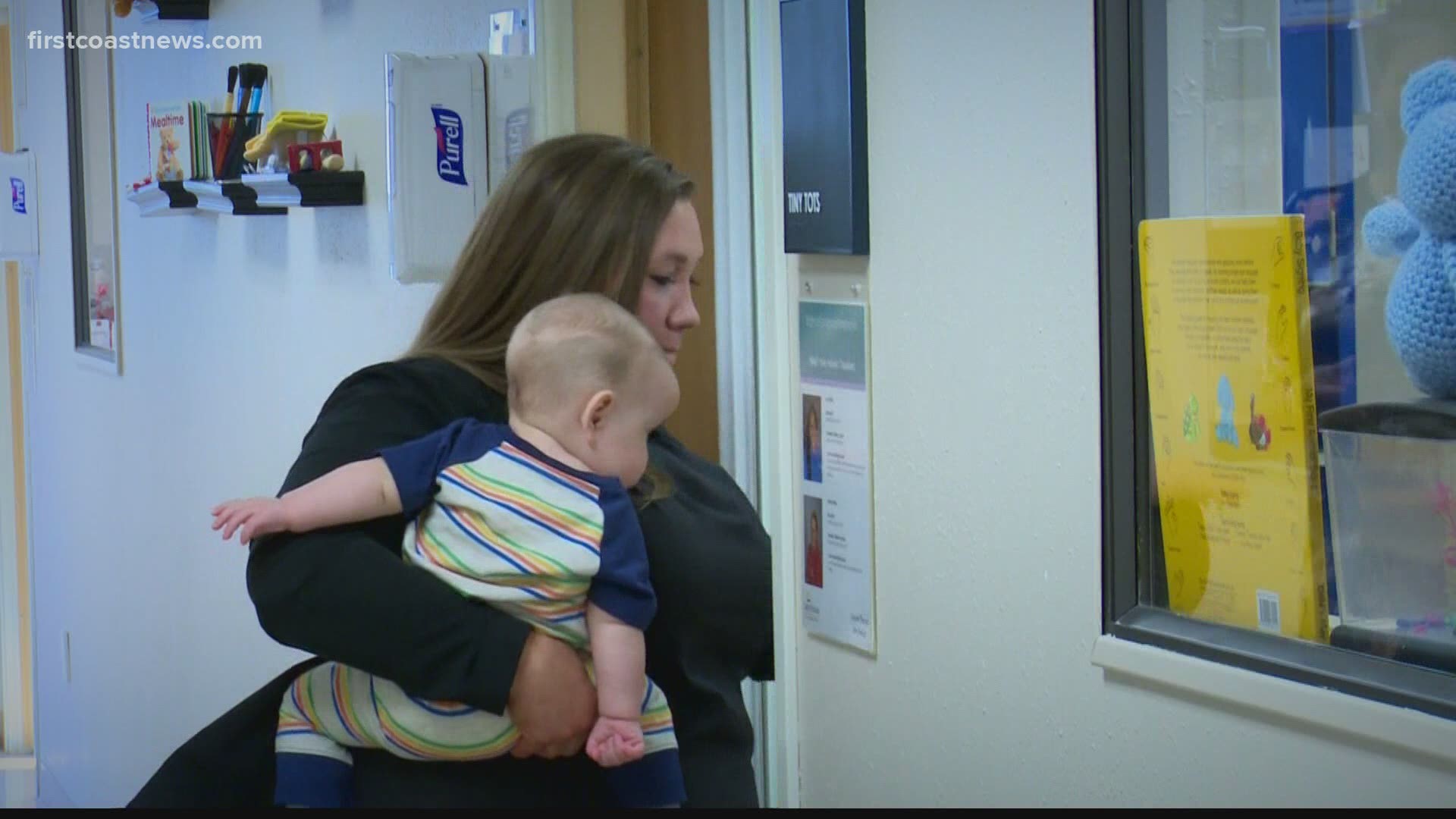The coronavirus has changed all of our lives but women, in particular, are being disproportionately impacted, according to experts.
Studies have delved into the additional issues women are facing as mothers, breadwinners and caretakers during the crisis. Across the country, the caretaking demands placed on mothers have increased significantly forcing many working mothers into a difficult position.
“We're calling it the juggle and the struggle,” Donna Orender, founder of Generation W said. “There is so much pressure on women in particular. On all of us but women in particular."
Orender believes the pandemic has shed light on some serious vulnerabilities in our society's structure. She recently hosted a discussion on the topic on Gen W’s weekly online show Refresh.
"It does beg the question of what structural changes should we be looking at as a society as owners of businesses where we can help here," Orender said.
More companies are signing pledges to help promote work-life balance including IBM, Uber and PepsiCo.
A business owner herself and mother of two, Orender says companies are learning that telecommuting is a viable option. She believes moms working from home will become more common but argues more policies need to be put into place to help working families as women are in need of support across the board.
Job losses during the coronavirus crisis have impacted more women than men. The Florida Commission on the Status of Women held a virtual round table discussing the pandemic’s impact on women in the state. The group highlighted employment disparities between men and women during the crisis.
Employment fell sharply in all major industries but heavy job losses were in leisure and hospitality fields. Those are positions predominantly held by women. Research from the Institute for Women's Policy shows that nearly 60% of jobs lost were jobs held by women.
“We have to acknowledge that this is a real dilemma and we have to continue to think of ways that we can help each other get through it,” Orender said.
The Institute for Women's Policy Research published an article titled Holding Up Half the Sky detailing how the Coronavirus Pandemic has disproportionately affected women in many ways. The group’s recommended relief efforts include additional and extended stimulus support for single unemployed mothers and mothers caring for children who are out-of-school or without care. And states can also increase support and provide funding for childcare for mothers who are essential workers.
When it comes to coping with the everyday struggles Orender says women need to understand that perfection is absolutely not the goal but instead knowing what can help you and your family.
“Change is hard but we are being asked to really go with the flow every hour of every day and if we give ourselves permission to do that in a way that allows us to see the positive in what we're doing, accept the juggle and the struggle then we will make it to another day and sooner or later we will make it past this,” Orender said.


